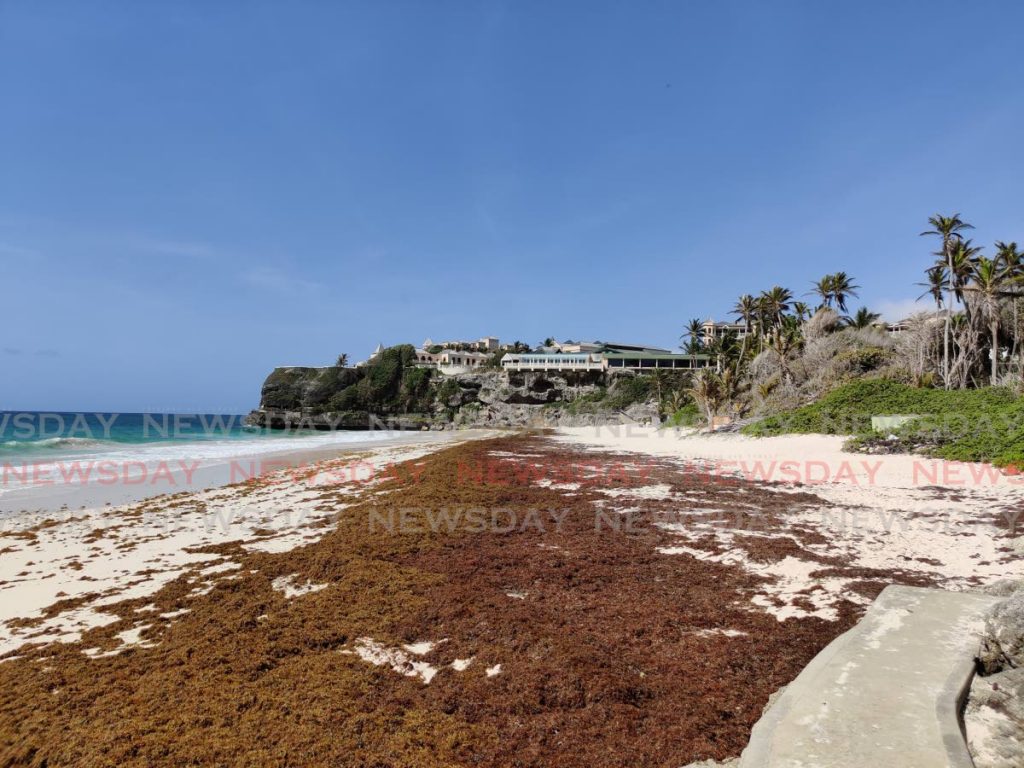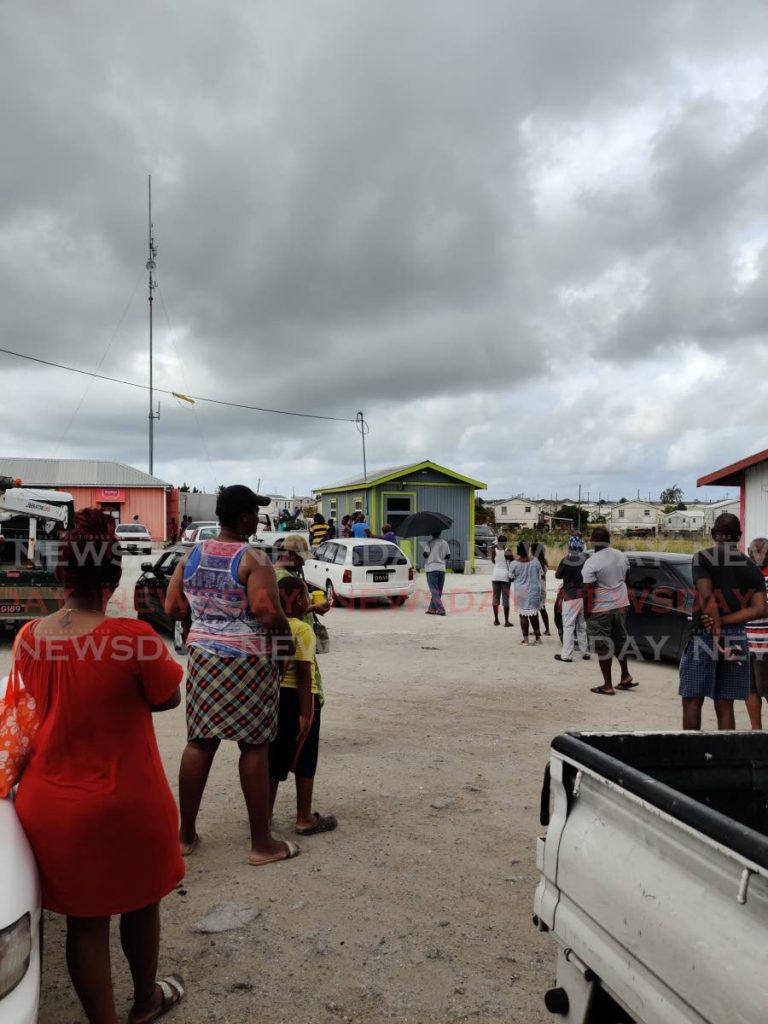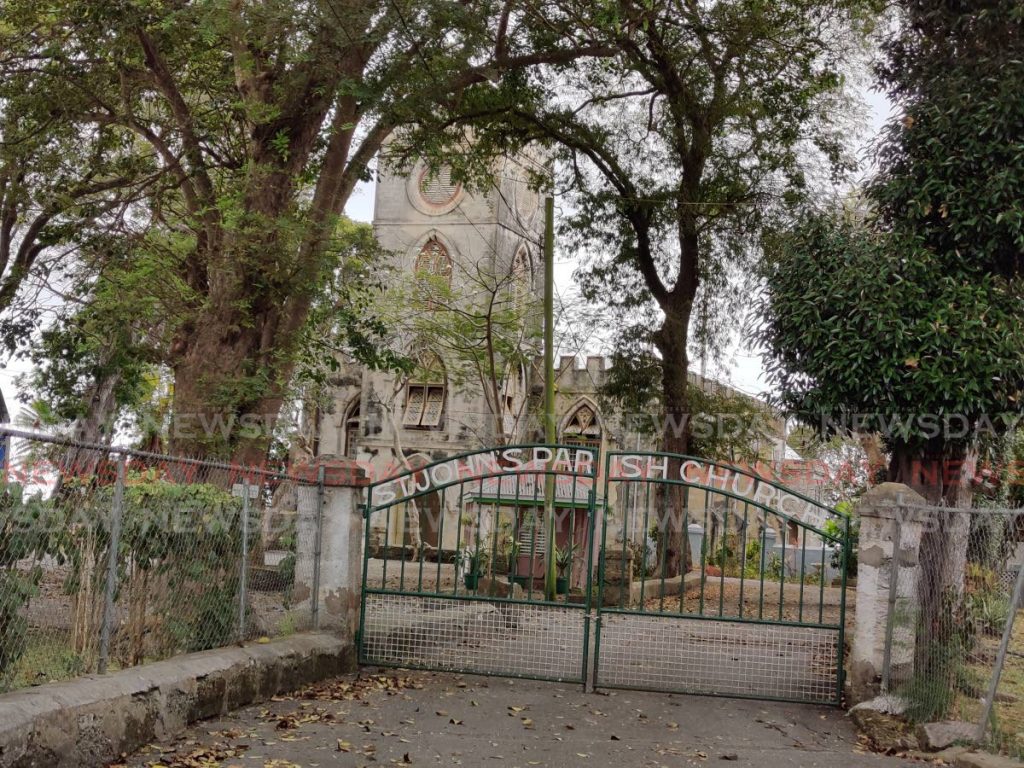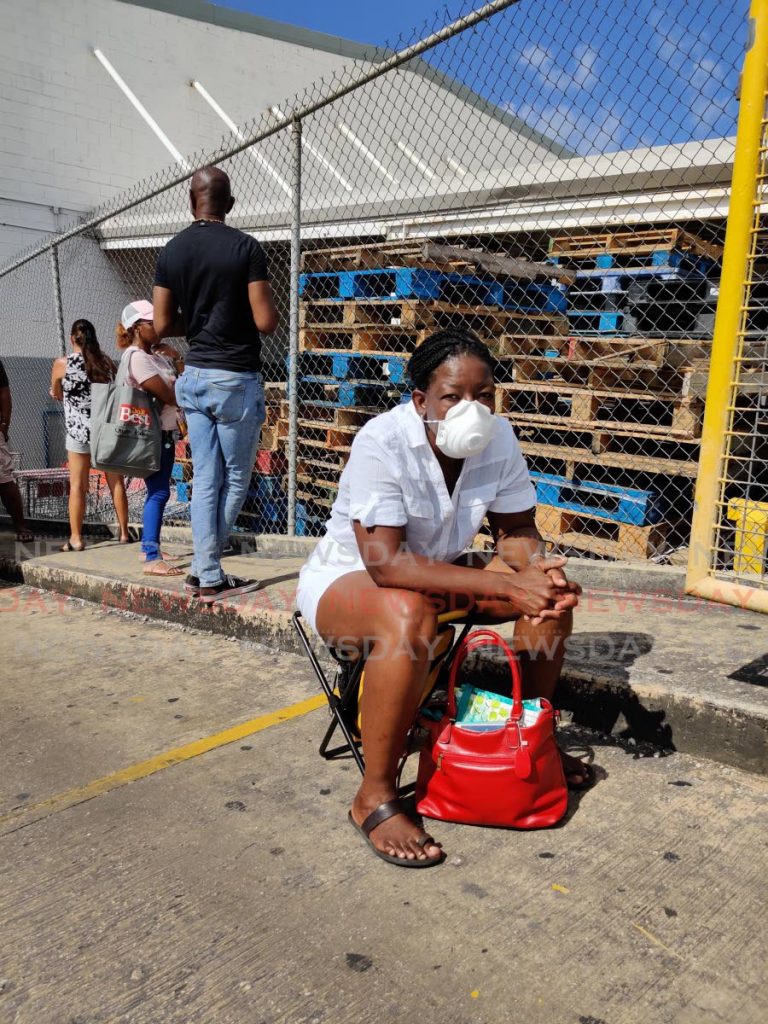Virus transforms Barbados to zombie land

BC Pires in Barbados
BELIEF IN and worship of God is more important to Barbados’s national character than race, gender, age, political viewpoint or sexual orientation. It is as unnatural for the Bajan to refuse to gather in worship as it is for the Trini to refuse to gather to lime.
The covid19 pandemic has closed and padlocked the gates of churches of every stripe across the island.
All churches are empty of congregants. They may open only to stream services online (with no more than three people present in the church), to conduct weddings (only the officiant, the bride and groom and the two witnesses required by law) and funerals (a maximum of ten mourners, presumably not including the deceased).
Restaurants, permitted to sell takeaway until recently, are closed, along with bars and rumshops.
All sporting events have been postponed indefinitely.
The lockdown on April 3 of all but essential services has resulted in a great reduction in the number of vehicles on the road and a total absence of people on the beaches.
With limited exceptions, Barbados is a zombie island.
Still, covid19 tzar Richard Carter, on Monday night on CBCTV8, Barbados’s only television station, complained there were still far too many cars on Barbados’s roads, when compared with television images of the streets of large world cities. People are not banned from driving and are allowed to leave home between 6 am and 8 pm to buy food and medicine.
Every day, long lines of people can be seen across Barbados, in the isolated pockets from which bread is sold, sometimes only from 8 am-midday. One bakery offers only nine distribution points across an island divided into 11 parishes, with only the Bridgetown location open seven days a week. Lines of cars form at gas stations, open from 7 am-5 pm only for the sale of gasoline and prepaid mobile-phone top-ups.

All groceries were ordered shut indefinitely last Thursday, with only what acting Prime Minister Santia Bradshaw described as “the village shop” being allowed to open to serve a maximum of three people at any one time. Without further clarification from the government, many mini-marts and small groceries that are in fact the only shop selling food in the village elected to self-shut down, to be on the safe side of the law.
On Tuesday, Bradshaw announced village mini-marts and large and small supermarkets would be allowed to open, not for customers to enter to shop, but only to deliver, outside their doors, pre-ordered and pre-packaged groceries.
The streets, villages, countryside and beaches of Barbados are largely eerily empty and silent. Crane Beach, which usually gets on to any “Top Ten Best Beaches in the World” list, is filled today only with the sargassum seaweed that Crane Hotel workers normally remove every day for the comfort of hotel guests.
The sale of alcohol has been banned. No one may host or attend: a private party; a recreational or competitive sporting event; a banquet, ball or reception; any social event or meeting of a fraternal society, private or social club, civic association or organisation. Even the sound of the heavy Barbados Transport Board public buses – you can normally set your watch by the 5 am and 10 pm Sam Lord’s Castle bus – has all but vanished from the soundscape.

With one notable exception – the islandwide scramble for food after the announcement, on April 2, that all groceries would be closed at 5 pm the next day – the people of Barbados have appeared satisfied with and supportive of the handling of the covid19 crisis by the Barbados Labour Party government they elected by a 30-0 landslide in May 2018.
In June 2018, Bishop Joseph Atherley, the BLP member for St Michael West, resigned from the government and party to become a one-man opposition, of which he is, necessarily, the leader. Though he supported the closure of the groceries, opposition leader Atherley objected, formally, to its last-minute nature.
Ban on sale of alcohol, gambling
Anyone against the notion of lockdown to minimise contagion might have been persuaded by the videos of the crowds of April 3, packed together as close as sardines in a tin, at the entrances to supermarkets. Every line began, at its distant end, respecting the mandated two-metre “social-distancing” gap between individuals; every line ended in chaos, and, potentially, mass infection.
Repeated requests for comments and questions put to highly-placed officials in government since last Friday went unanswered. However, Senior Counsel Anthony Wadi Astaphan, long-time special adviser to Dominican PM Roosevelt Skerritt (particularly in the aftermath of the catastrophic Hurricane Maria), told Newsday that all regional leaders knew what had to be done, but they faced two fundamental problems.

The first was severely limited medical resources, which could provide service in only normal or “slightly above normal" circumstances.
“This pandemic,” said Astaphan, “is a brute of a size and nature that these little countries could never plan for.”
Small Caribbean nations, already overburdened with debt, would need international medical assistance, he said, but with the USA “literally huffing” ventilators paid for by Barbados-born international pop star Rihanna, China and Cuba might be their best bet.
Far more troublesome, though, said Astaphan, was “the unwillingness of the local populations to accept the draconian limitation of personal freedom required for human lives to survive the crisis.”
This problem could be tackled, though, by strict enforcement by the police or army and the courts. On Tuesday, he pointed out, an Antiguan magistrate sent two men to jail for six months and fined two others EC$5,000 for breaking the curfew there.
Barbadians and Caricom and other non-national residents have now settled into an uneasy quietude within the “curtilages of their own homes.”
Fliers advertising the home delivery of food (including local and imported meat, fruit and vegetables), shared widely on social media, have reduced unquantifiable trips and worry. When they are not searching for “the village shop” or lining up, quite often two metres apart (at least until they enter the shop or bakery), for bread, gas or medicine, people appear to be staying indoors.
All is quiet.
However, every conversation with older Barbadians, who can remember them, or their parents’ stories of them, turns to the 1937 labour riots.
“Time itself will tell whether the government acted just in time,” said one respected gender-equality and social justice advocate from Barbados (currently holding an executive position with an international agency in Africa), who preferred anonymity. “Shut down too early and risk a total economic collapse. Shut down too late and the country faces a public health crisis.”
The government “tried to ameliorate the worst effects” and its approach should “increase the social solidarity so essential to manage the hard times to come for everyone.”
The executive praised the government’s use of its “leadership to influence a six-month moratorium on loans and mortgages directly impacted” and supported the ban on alcohol sales.
“Alcohol does not cause domestic violence,” the executive said. “Even blind drunk, a man does not usually beat his employer or neighbour. Alcohol seems to give abusive men licence to ‘lose control’ only in relation to those they consider less powerful.”
Though describing it as “a personal decision, not one the state should make,” the executive also supported the ban on gambling, which “takes away resources from families least able to afford them. In extraordinary times, the regulatory state role should be wielded proportionately to the mischief to be prevented.”
At Tuesday’s media briefing, Bradshaw said the situation could be contained, “if Barbadians adhere to the physical social distancing, as we have been constantly reiterating.”
At the official Barbados government media conference on April 4, Barbados’s chief medical officer could be seen, on live video feed, sitting across a table from a colleague who was clearly not two metres away.
Requests for comments to the Barbados Medical Association were not answered.

Comments
"Virus transforms Barbados to zombie land"